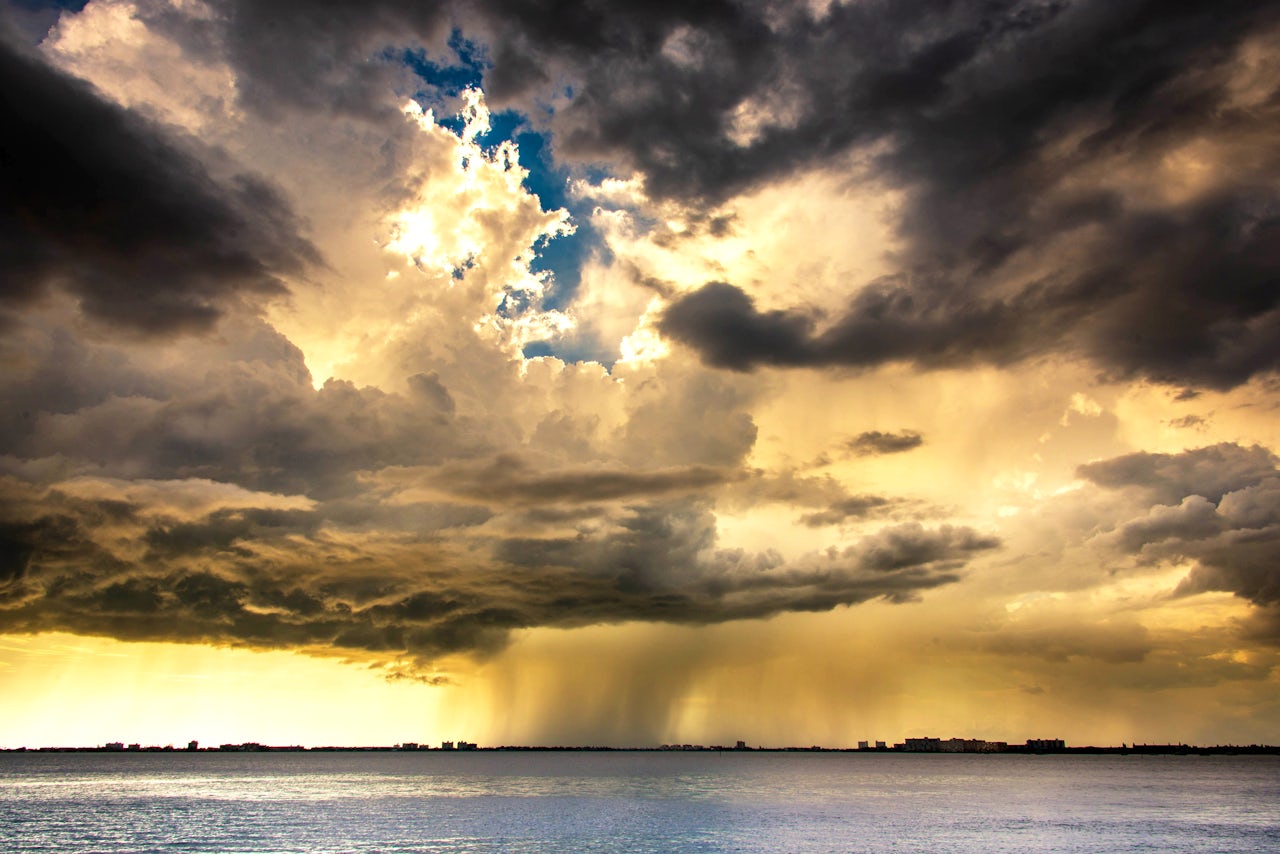When scientists first tried to convince the rest of the world that climate change was coming (and that it was going to be terrifying) the impacts may have seemed far-off and intangible; like things that might happen well after people living at that time were dead.
But now, 2018 is shaping up to be exactly the kind of year scientists have been warning us about — complete with wildfires in California and Greece, heatwaves in other parts of Europe and devastating drought in Australia that shows no signs of ending. (Also, the coral reefs are dying and the icecaps are melting — just in case you forgot.)
But there might be a sliver of good news weather news, and it comes from the National Oceanic and Atmospheric Administration: according to their updated hurricane forecast, the Atlantic might be spared a repeat of last year’s devastating storms. The forecast — which comes ahead of this year’s peak hurricane season — predicts that El Nino is likely to develop with enough strength to suppress storms in the coming months.
Still, NOAA said it was still essential for people to prepare for worst-case-scenarios. “The hurricane season is far from being over,” Gerry Bell, the lead seasonal hurricane forecaster at NOAA’s Climate Prediction Center said in a statement, urging “continued preparedness and vigilance.” Between now and November 30, they are predicting predicting between nine and 13 named storms, of which four to seven will become hurricanes — up to two of them potentially major.
While linking any single extreme weather event to climate change is tricky, last year’s hurricanes and this year’s wildfires in California — three of the largest ever — are the kinds of events that scientists say are likely to become more frequent (and in some cases, more intense) as global temperatures continue to rise.
